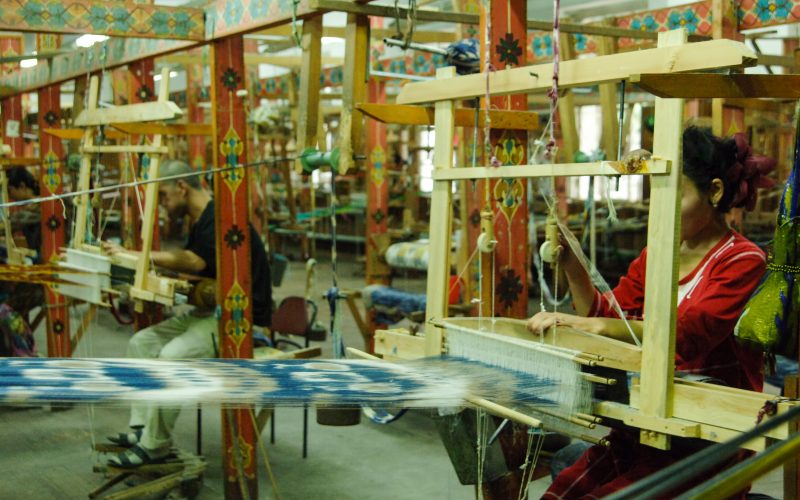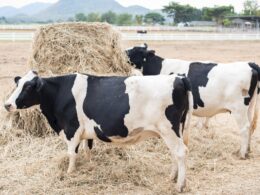Workers in major garment manufacturing hubs like Bangladesh, Vietnam, and Pakistan face escalating exposure to extreme heat due to climate change, according to a report released Sunday. The issue places increasing pressure on multinational retailers to address unsafe working conditions as temperatures continue to rise.
New European Union (EU) regulations, including the Corporate Sustainability Due Diligence Directive that took effect in July, require retailers operating within the bloc—such as Inditex, H&M, and Nike—to take legal responsibility for conditions at supplier factories. This has sparked calls for funding improvements to cool factories and safeguard worker health.
In cities like Dhaka, Hanoi, Ho Chi Minh City, Phnom Penh, and Karachi, the number of days with “wet-bulb” temperatures—a metric combining heat and humidity—exceeding 30.5°C rose by 42% between 2020 and 2024 compared to 2005-2009. This threshold requires equal periods of work and rest to maintain safe core body temperatures, according to the International Labour Organisation.
Despite the growing risks, only three retailers—Nike, Levi’s, and VF Corp—currently include heat protection protocols in their supplier codes of conduct, the report by Cornell University’s Global Labor Institute revealed.
“We’ve been discussing this issue with brands for years, and only now are they beginning to pay attention,” said Jason Judd, the institute’s executive director. Under the new EU regulations, he emphasised, brands are obligated to address excessively high temperatures in supplier factories.
Potential factory upgrades include improved ventilation and water-based evaporative cooling systems, which offer energy-efficient alternatives to costly air conditioning that could further increase carbon emissions. Factory owners may independently invest in such measures, given the adverse impact of heat stress on productivity. However, Judd noted that the EU rules underscore brands’ shared responsibility to fund these improvements.
The report also called for higher wages and better health protections to enable workers to manage heat-related disruptions. Extreme heat and flooding could strip garment-exporting countries like Bangladesh, Cambodia, Pakistan, and Vietnam of up to $65 billion in export earnings by 2030, according to earlier research by Schroders and the Global Labor Institute.





















